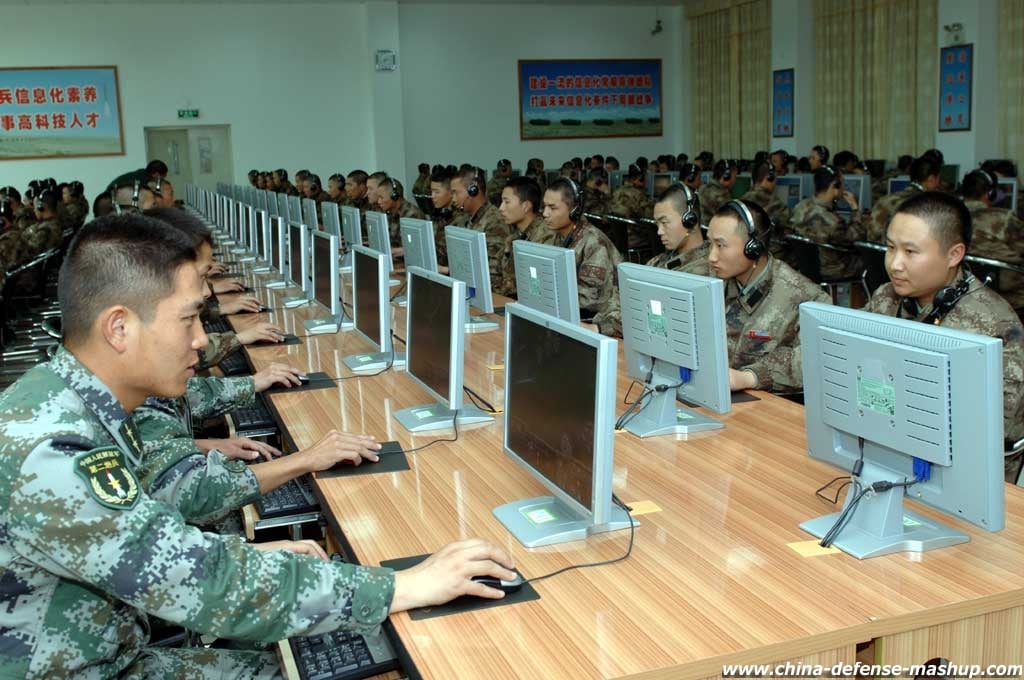

government must continue hardening its defenses against all espionage, China’s spying on the U.S.

military capabilities, and other sensitive government and government-related information. The United States generally distinguishes between Chinese economic espionage intended to provide Chinese companies with a commercial advantage and “traditional” espionage intended to obtain information about the U.S. and western intellectual property (IP) is a key piece of China’s strategy, but it is only a piece. China is pursuing a whole-of-society approach to its technological capabilities that includes purchasing innovative companies through overseas investments, requiring western companies to transfer cutting edge technologies to China as a condition of market access, providing vast state resources to finance domestic technological development, and financing training for top Chinese students and researchers overseas and paying a hefty premium to attract talent back to China. When it comes to economic espionage, it is important to keep in mind that espionage is but one element in a broader Chinese strategy to modernize its economy and to promote China as the world leader in a range of technologies that will be critical to both economic and military power in the years ahead. universities and other non-governmental organizations here in the United States and in allied nations. I will also briefly touch on China’s espionage tools with respect to U.S. The first is “economic espionage,” which is intended to provide China with commercial advantage over U.S. I will focus my remarks on two aspects of China’s unconventional espionage threat. has pursued to date to respond to this threat.Īnd third, I will offer some recommendations on additional policy responses that the United States should consider going forward. Second, I will assess the policy responses that the U.S. It is a pleasure to be joined by two distinguished co-panelists who will also speak about the threat and I will focus on the aspects of the threat that I am most familiar with: how China uses unconventional, economic espionage as a component part of a comprehensive strategy to promote China’s own high-tech industries. I will address three issues in my testimony before you this morning.įirst, I will offer an assessment of aspects of the threat. confronts today: China’s unconventional espionage against the United States. "Tony" Ierardi, USA (Ret.)Ĭhairman Grassley, Ranking Member Feinstein, and Honorable Members of the Committee, it is a pleasure to be invited to speak to you today about one of the most important trade and national security issues that the U.S. Renewing the National Security Consensus.Enhancing DHS Oversight & Accountability.Constructing Regional Partnerships and Seizing Emerging Opportunities.


 0 kommentar(er)
0 kommentar(er)
